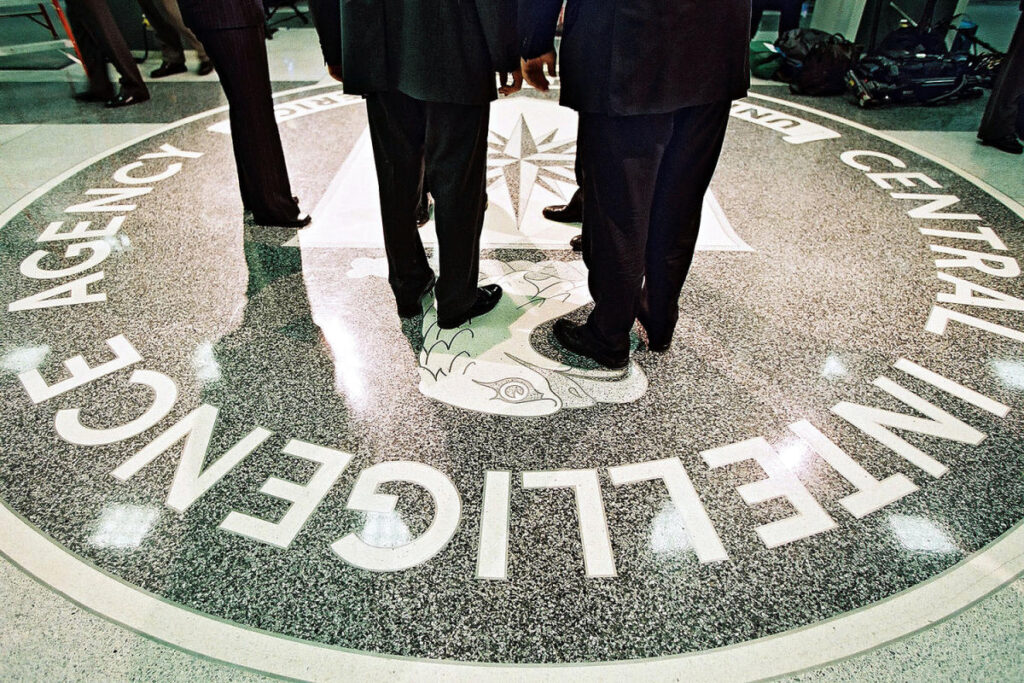At the conclusion of his first term, Donald Trump aimed to appoint Kash Patel, a staunch MAGA supporter, as the deputy CIA director. This move was blocked by Gina Haspel, the then-head of the CIA, who threatened to resign in protest, illustrating Trump’s tumultuous relationship with the intelligence community. Now, as Trump looks toward a potential second term, Patel has resurfaced as a leading candidate for high-ranking national security roles, reflecting a broader shift in Trump’s approach toward choosing loyalists to fill critical positions. Insiders suggest that any appointments made this time around will prioritize unwavering allegiance to Trump’s agenda, a departure from the more conventional and capable figures he appointed during his first term.
Lawmakers and former intelligence community members express concern over this potential shift, fearing that Trump’s selection of loyalists for key intelligence positions could compromise the integrity and impartiality of the national security apparatus. A former senior officer underscores that the appointments of the CIA’s top leadership will be pivotal for whether the agency can uphold its professional standards or succumb to politically-driven directives. This apprehension is compounded by Patel’s vocal criticisms of established intelligence norms, raising alarms that operational judgments may become skewed to align with Trump’s political aims.
The dynamics between Trump and the intelligence community have historically been fraught, characterized by distrust and accusations of a “deep state” conspiracy against him. Since his initial campaign, Trump has consistently challenged the findings of intelligence agencies, notably siding with foreign leaders over U.S. assessments. This ongoing narrative diminishes the public’s trust in intelligence findings and heightens the risk that future intelligence conclusions may be manipulated to serve partisan purposes. Furthermore, Trump’s presidency encountered significant conflict with figures like Special Counsel Robert Mueller and various intelligence leaders—an environment that bred contempt and suspicion towards the entire justice and intelligence ecosystem.
Recent electoral developments have rekindled calls from Trump allies for renewed investigations and accountability measures targeting the intelligence community. Notable figures, including Steve Bannon, have called for punitive actions against those they accuse of politicizing intelligence operations against Trump. This rhetoric hints at a potential future where the integrity of intelligence work could be compromised under the weight of political vindictiveness, as unnamed sources suggest former officials may face moral dilemmas about agreeing to orders they view as unethical or harmful to national security.
The specter of past abuses, such as the Nixon administration’s use of intelligence against domestic dissenters, looms large when discussing the potential for intelligence overreach in a future Trump administration. Despite longstanding prohibitions against deploying intelligence resources against Americans, the fear persists that loyalists may attempt to overturn these safeguards. Intelligence professionals are reportedly prepared for a difficult period, having to navigate potential conflicts of interest and ethical breaches, raising critical questions about the resilience of established protocols.
Furthermore, discussions about reshaping the intelligence community under Trump involve proposals to infuse political appointees throughout the ranks, creating unease among former officials regarding the impact this may have on intelligence quality and reliability. Observers argue this could induce a culture of partisanship within the intelligence framework, leading to compromised decision-making and the risk of unlawful or politically motivated actions. Critics assert that a politicized intelligence apparatus would not only undermine national security but could also pave the way for significant misjudgments based on biased assessments. The implications of such changes resonate far beyond the halls of intelligence, potentially compromising the foundational tenets of American democracy and the rule of law.

